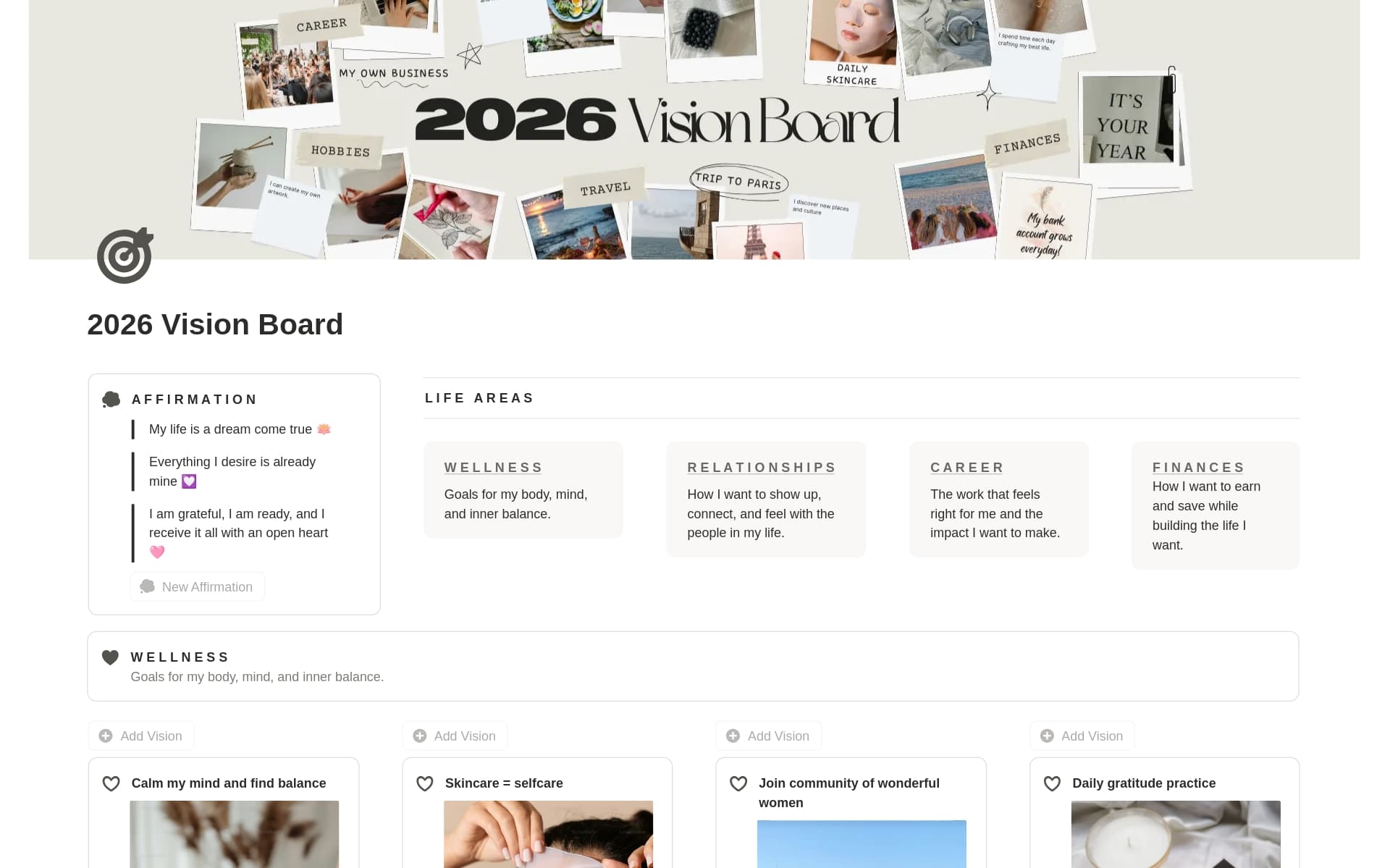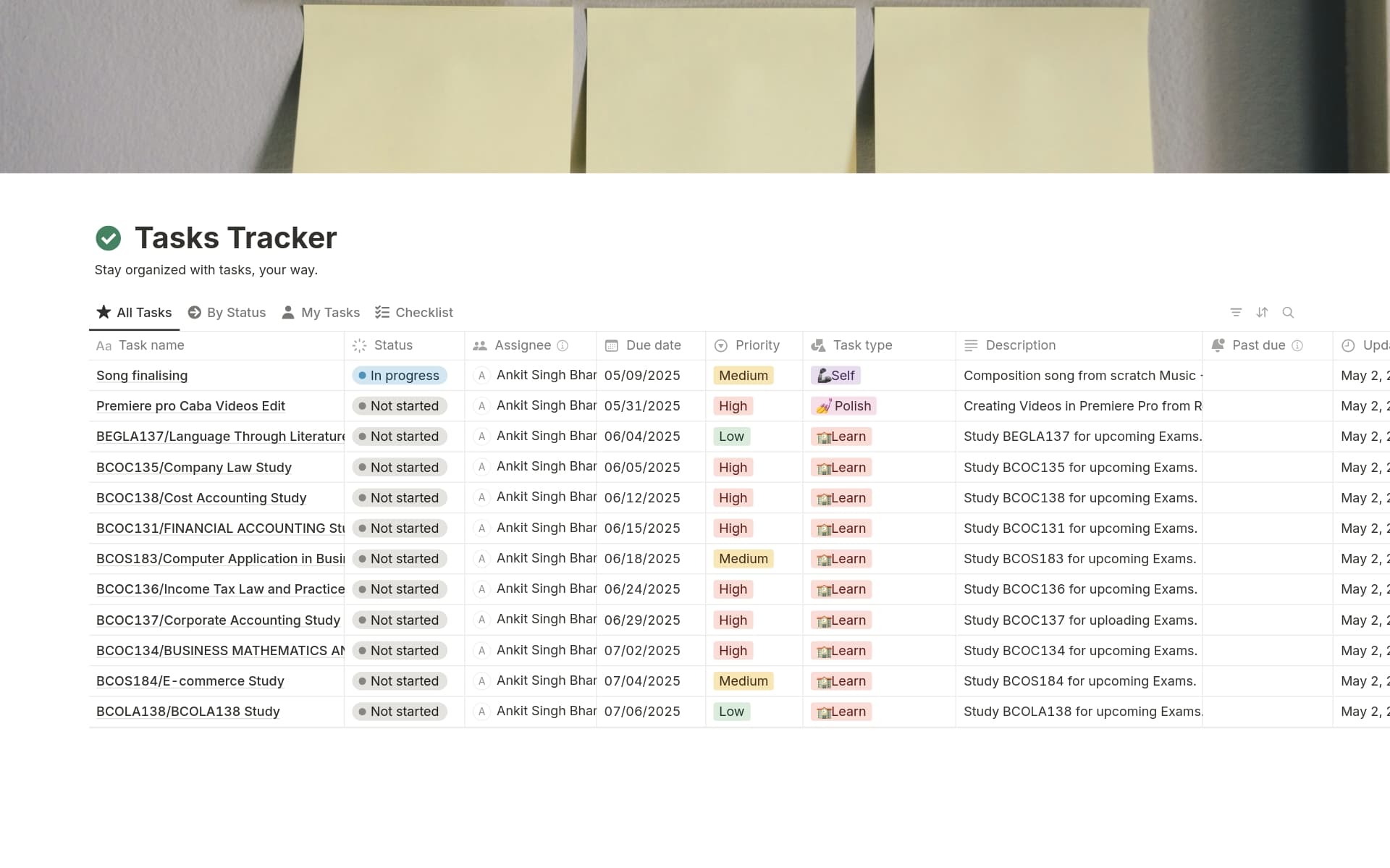A Campaign Brief is a blueprint for growth marketers to plan, execute, and analyze their marketing strategies effectively. Especially when coordinating with teams or external agencies, a well-structured Campaign Brief helps ensure that everyone is aligned with the campaign's objectives and metrics for success. Utilizing a Campaign Brief template can simplify this process, enabling marketers to focus more on strategy and less on logistics.
Before you start creating your own Campaign Brief template, consider exploring the templates below to streamline your process.
What Should Campaign Brief Templates Include?
Choosing the right campaign brief template can streamline your marketing efforts and ensure all team members are on the same page. Here are key components to look for in an effective template:
Objective Clarity - The template should clearly outline the campaign's main goals. This helps in maintaining focus and measuring success effectively.
Target Audience - A section dedicated to defining who the campaign is aimed at, including demographic and psychographic details, ensures tailored communication strategies.
Budget Breakdown - It should provide a detailed overview of the budget allocation, which is crucial for managing resources and expectations.
Timeline and Milestones - This component helps in tracking progress and ensures that the campaign adheres to its deadlines for a timely execution.
Selecting a comprehensive campaign brief template equips you with the tools to launch effective and organized marketing initiatives.
What Should Campaign Brief Templates Avoid?
Choosing the right campaign brief template is crucial for ensuring the effectiveness of your marketing strategies. However, some elements can hinder rather than help your campaign's success.
Overly Complex Structures: Avoid templates that feature convoluted layouts or excessive sections. These can confuse rather than clarify, leading to miscommunication within your team.
Undefined Objectives: Steer clear of templates that do not emphasize clear, measurable objectives. Templates should guide users to define specific goals to gauge the campaign's success effectively.
Generic Content: Templates that encourage generic content should be avoided. Each campaign should be tailored to fit its unique audience and goals, and the template should facilitate customization.
Remember, the best templates are those that simplify the process of campaign planning while ensuring all essential elements are easily accessible and understandable.




